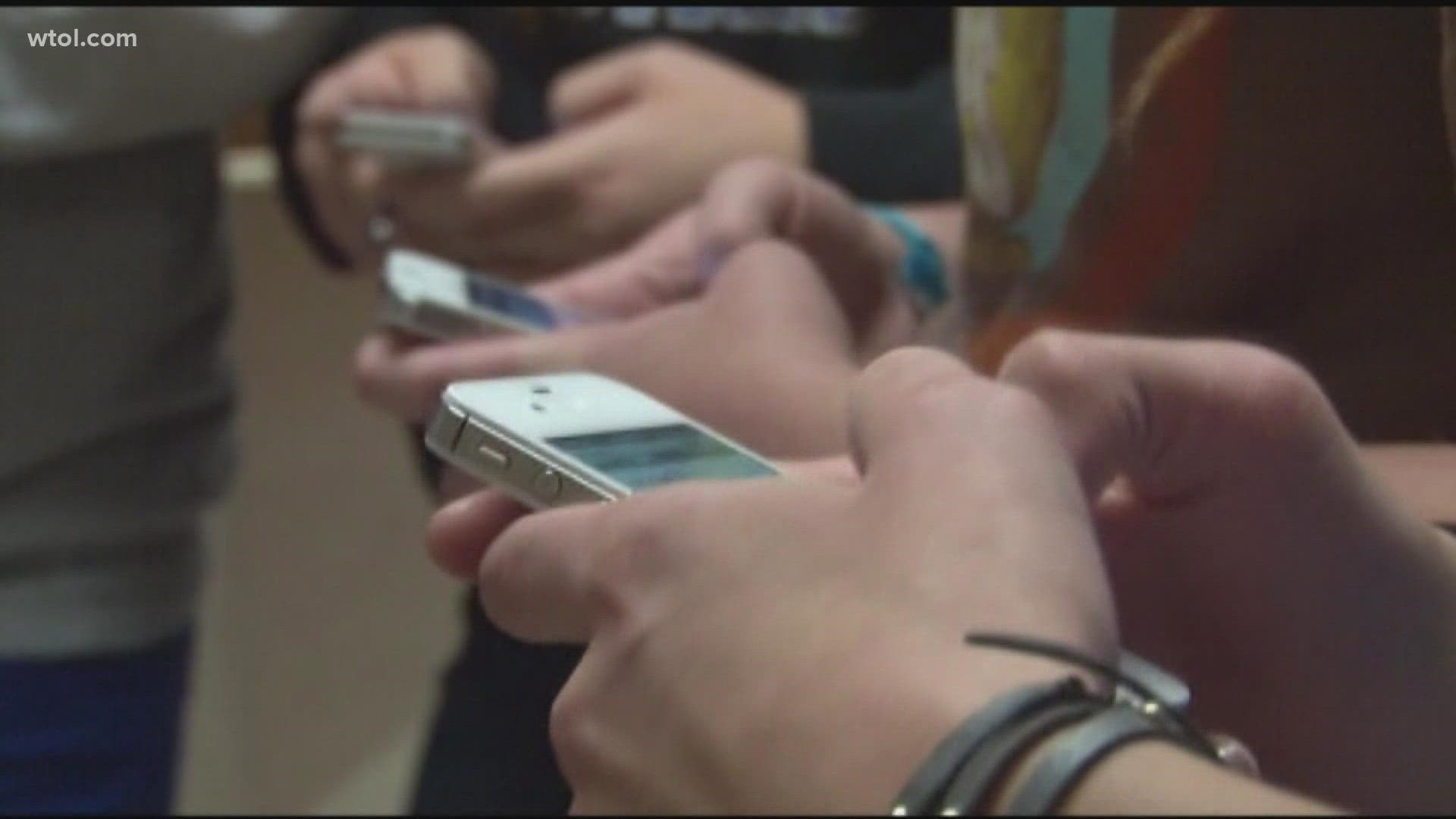TOLEDO, Ohio — Two Perrysburg 13-year-olds are charged with rape, now awaiting a second court appearance after being arrested over the weekend.
The teenage students are accused of an alleged rape that took place at a home in November 2021.
Perrysburg police have also charged one of the teens with pandering sexually-oriented material involving a minor. That teen has been charged for allegedly videotaping the incident and sharing that video, police say.
This case and others, like the sexting case in 2015 at Archbold High School, show how even children can get in criminal trouble for sharing sexually explicit material.
Owen's Community College criminal justice program chair Mark King, a retired Toledo police lieutenant with more than 30 years on the force and a police trainer, said parents need to have open, honest talks about the realities of sharing images and safety.
Using social media's security settings and systems like the Cloud have allowed many to believe there is some privacy and anonymity to keep you safe on the internet. But, King said that's not the case.
"There's no such thing as private. It's viral. It goes viral, instantly across the world and it's always there. It's never deleted. You may think, 'It's deleted. It's gone,'" King said. "It's never gone."
When local stories of minors recording sexual acts involving minors or sharing explicit images of minors occurs, King said those incidents have dangerous rippling effects on more than just those involved.
"It can be devastating for them. Criminally, personally, for their families, for their communities," King said. "It's very serious and we hate to see that happen to children."
No one is or should blame the internet, social media apps or technology in general for how these images get out. But the fact that they do is a reality.
"We know there's a dark side to technology and the web. We know that there's human trafficking, prostitution. We know that very bad things are on there too," King said. "That's why it's really incumbent upon parents to really try and be attentive to what their children are doing."
While parents aren't sending out these images, King said it's not outside the realm of possibility that they could be held legally responsible if their child shares explicit material.
King himself is a father. He explained that his children do use social media apps like TikTok and that he does know what they post. While he may not have social media, he's aware of what his children post. It's up to parents to actively watch how their child uses technology, he said.
"There's a balance there that you want to try and keep. Monitor their activities a little bit, ask them 'Hey what are you doing?' Instead of sitting in front of that electronic triangle all the time. 'Hey let's go and do something?' 'Hey can you tell me what's on there?'" King said.
No one can say that kids, teens and young adults won't do things without thinking. But if they do realize their actions could get them into trouble, it's never a bad idea to ask for help.
"Reach out to your parents, reach out to an adult," King said. "Reach out to an authority figure that can help you with that, that knows that particular problem and knows that they can help you with that."
But some have and will still argue these actions are just jokes or it's no big deal because "kids will be kids."
King said it's best to consider this question when sharing anything in the future:
"Are you comfortable with posting something for your mom or dad to see? If you're not, then you probably shouldn't be posting it on there and if you're in doubt, don't post it," he said.
It's important to open conversations with your kids about what's acceptable when it comes to social media posts, pictures and videos to keep them - and you - out of legal trouble.

